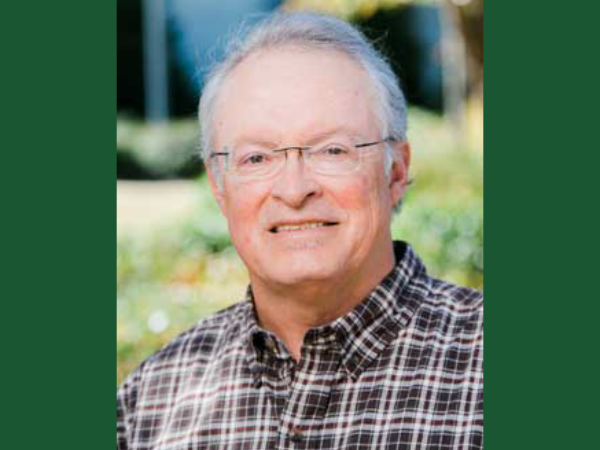 Lauren Barron, M.D., delivering the keynote address.On September 27, 2024, the University of Alabama at Birmingham’s College of Arts and Sciences hosted a half-day Health Humanities Symposium for faculty members and graduate students.
Lauren Barron, M.D., delivering the keynote address.On September 27, 2024, the University of Alabama at Birmingham’s College of Arts and Sciences hosted a half-day Health Humanities Symposium for faculty members and graduate students.
The event opened with brief remarks from Dean Kecia M. Thomas and Associate Dean John K. Moore, Jr., followed by a stirring keynote address from Lauren Barron, M.D., Inaugural Michael E. DeBakey, M.D., Selma DeBakey, and Lois DeBakey Chair for Medical Humanities; clinical professor; and director of the Medical Humanities Program at Baylor University. Barron’s talk—titled “Health Humanities: Reconciling Ways of Knowing”—offered a concise history of the health (or medical) humanities and offered accessible strategies for faculty members interested in advocating for and launching a health humanities program. Broadly, the presentation illustrated how the humanities and the natural sciences complement one another, both inside and outside of the classroom.
 Attendees listening to panelists.Following the opening keynote, Natasha Zaretsky, Ph.D., professor in the Department of History, moderated a panel with three faculty members from institutions across the country. The panelists included: Richard Dees, Ph.D., University of Rochester; Kirk Johnson, Ph.D., Montclair State University; and Elizabeth Nelson, Ph.D., Indiana University Indianapolis. Each panelist explored their unique degrees programs, ranging from bioethics to medical humanities and health studies, and noted valuable partnerships and courses that drive their work. In addition, many shared the career pathways that their students pursue after graduation (including medical school, law school, and public policy). After the panelists concluded their presentations, Cristin Gavin, Ph.D., associate dean for Biomedical Programs, provided a response and additional discussion ensued.
Attendees listening to panelists.Following the opening keynote, Natasha Zaretsky, Ph.D., professor in the Department of History, moderated a panel with three faculty members from institutions across the country. The panelists included: Richard Dees, Ph.D., University of Rochester; Kirk Johnson, Ph.D., Montclair State University; and Elizabeth Nelson, Ph.D., Indiana University Indianapolis. Each panelist explored their unique degrees programs, ranging from bioethics to medical humanities and health studies, and noted valuable partnerships and courses that drive their work. In addition, many shared the career pathways that their students pursue after graduation (including medical school, law school, and public policy). After the panelists concluded their presentations, Cristin Gavin, Ph.D., associate dean for Biomedical Programs, provided a response and additional discussion ensued.
The symposium attendees then participated in breakout groups to discuss, brainstorm, and strategize on a range of topics connected to the keynote and panel discussion. The topics included: curriculum integration, preparing for careers, marketing the humanities, and the job market. Through these discussions, the College aimed to prompt new ideas and collaborative efforts that might lead to additional health humanities courses and future programs.
In the coming weeks, the College will announce a competitive grant program designed to further invest in the ideas that emerged from the event. The announcement will appear in a future College of Arts and Sciences Faculty and Staff Newsletter.
Thank you to the symposium presenters and attendees. We look forward to seeing the creative and collaborative ideas that will emerge from this experience.


